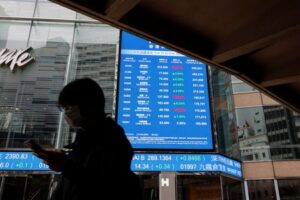The WSJ is reporting that Amazon (AMZN) is cutting back on its private-label selection due to softening sales. The company hopes its move will have a spillover benefit in appeasing regulatory concerns.
Amazon entered the private label business in 2009, ramping up its product assortment around 2016. Amazon acknowledged the dramatic increase in private-label products on its site during its 4Q17 earnings call, stating that private labels play a great role in supplementing the company’s number one focus of providing a broad product selection.
However, in recent years, Amazon has faced criticism from sellers on its platform for advertising its brands over competing alternatives. This was given heightened attention during the pandemic. A spokesperson for the company added in 2020 that Amazon spotlights its brands because they are simply preferred over the competition, boasting higher reviews and lower return rates. Regardless of whether this was true, Amazon’s moves raised antitrust concerns.
However, with Amazon noting in 2019 that only 1% of its sales stemmed from its brands, the company was likely struggling to meet internal private-label sales targets.
Private brand products’ production and marketing costs are typically lower than name-brand substitutes, so they carry higher profit margins. Therefore, Amazon’s move may take a bite out of margin growth in subsequent quarters.
Still, even though Amazon’s private-label product revenue may have improved during the pandemic, it likely did not soar to a meaningful percentage of overall revenue. Therefore, we do not believe the company pulling back on its assortment of private labels will negatively impact bottom-line growth.
Overall, while retailers are seeing a positive shift in consumer buying toward less expensive off-brand alternatives, Amazon is reducing its own-brands portfolio. With such a wide selection of products on the company’s website, Amazon does not benefit in the same way as its peers, which typically sell products from a small set of name brand firms, offering its private label as the only “cheaper” option. Amazon may have further details on the subject matter when it reports Q2 earnings after-market on July 28.





